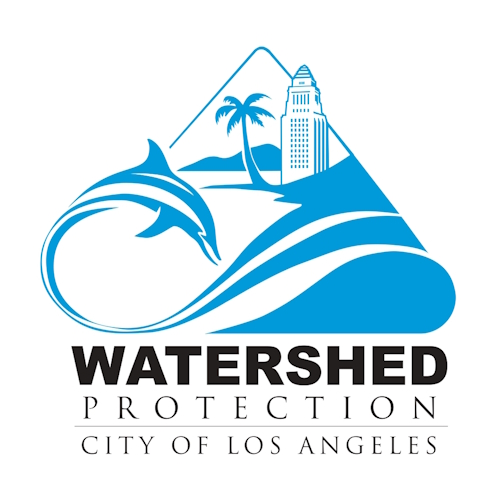Who doesn’t love a weekend getaway in nature? Roasting s’mores around a brightly lit campfire, stargazing amongst the trees and playing card games in a cozy tent — camping allows us the opportunity to unplug, recharge and connect with nature.
Unfortunately, what to us might seem like a short and simple getaway can leave long-lasting consequences for the environment. Whether it’s accidentally causing forest fires due to carelessness or contaminating water with harsh chemical sunscreens while swimming, it’s important to recognize that our actions can have broader implications far beyond our vacations.
The good news is that with a little mindfulness and planning, we can all do our part to leave the natural places we visit looking and feeling even better than we found them. Here are just a couple of steps you can start taking today to be a more sustainable camper:
Choose an Eco-Friendly Campground:
If you have the time and resources, one quick way to ensure your camping trip is sustainable is to book an eco-friendly campground. Look for places that provide compost toilets, which require little to no electricity and water versus conventional flush toilets. Or look for places that offer naturalist tours to learn about the local flora and fauna. Visiting during off-season is also a great way to reduce human strain on an area and disperse it over a longer period of time.
Build Responsible Fires:
California experiences about 7,800 forest fires each year, and according to the National Park Service, about 85% to 90% of these are human-caused. That means practicing diligent fire safety is of the utmost importance. Each area and time of year will have its own specific fire guidelines, and, if you’re in an area prone to wildfires or if you’re camping during high-fire season, it’s probably best to just skip the fire altogether.
No matter what, always be aware of the latest fire bans and restrictions in the area. And whenever you do make a fire, here are a couple of other best practices to keep in mind:
- Use only the designated fire pit or one made of stone
- Keep the area free of any flammable debris
- Keep the fire to a reasonable and manageable size at all times
Most wildfires are entirely preventable, and we must all do our part in preserving our green spaces and keeping them fire-free.
Leave-No-Trace:
Leave No Trace is a set of principles designed to help reduce the impact people have on native wildlife and ecosystems. They can be applied anywhere — from remote wilderness areas to local parks, and at their core are meant to do exactly what they say — to keep these spaces and ecosystems functioning like they would without human impact.
These 7 principles are:
- Plan ahead and prepare.
- Travel and camp on durable surfaces.
- Dispose of waste properly.
- Leave what you find.
- Minimize campfire impacts (be careful with fire).
- Respect wildlife.
- Be considerate of other visitors.
In practice, this means anything from reducing waste by switching to reusable containers rather than disposable plastics and paper products, or even opting for used or rented camping gear! By using gear you or your network already have, you can help to reduce the production of waste and resources needed to manufacture new gear.
It also means being mindful of the products you bring – many of the sunscreens, bug sprays and other products we use contain chemicals that are harmful to the environment. Instead, choose biodegradable soaps and toothpaste or all-natural sunscreen, or even DIY your own using all-natural ingredients.
Lastly, do not leave anything at your campsite that wasn’t there before. These changes will help to reduce the amount of trash taken with you, or accidentally left behind.
—
By connecting with nature responsibly, we can inspire others to do the same and ensure that the beauty of our natural world endures for generations to come.
Share your best eco-friendly camping tips and experiences with us at lastormwater@lacity.org, and let’s inspire others to camp responsibly and protect our precious wilderness. Happy camping!



 ">
">


